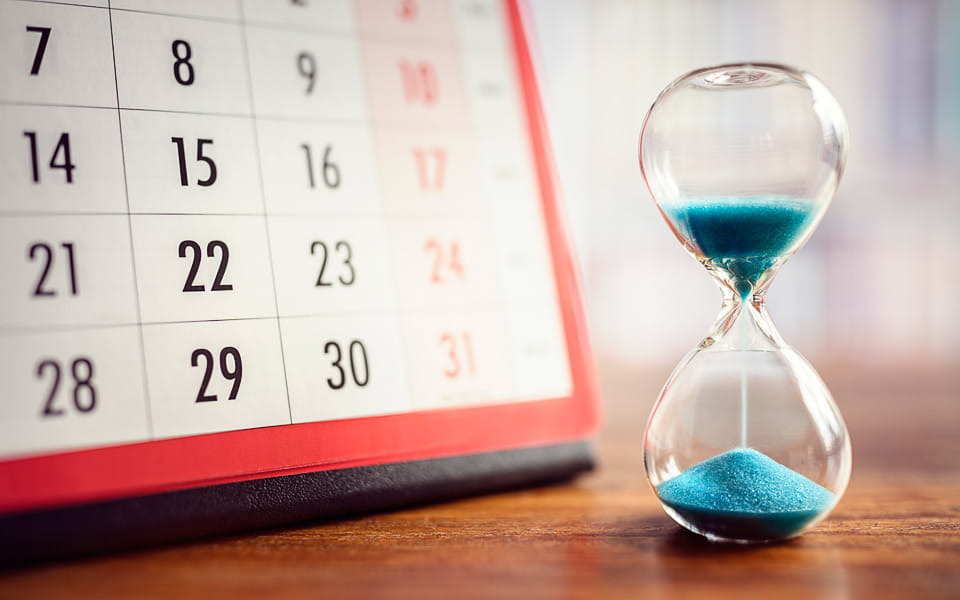
Our editors independently choose these merchandise. Making a purchase order via our hyperlinks might earn Effectively+Good a fee

We’re All Exhausted—How Is It Altering Us?
There’s so much People disagree on in 2024.
commercial
Politics are extra divisive than ever; social media fuels heated arguments about parenting types; and we’ll be debating if skinny denims are cool till the day we die (no less than, this millennial will). One factor we will all agree on, although? We’re drained. And never in an, “I stayed up partying one too many nights in a row and wish a whole week to recuperate” type of method. We’re overextended, overbooked, and exhausted to the core.
We want downtime to relaxation, and we’d like it now—however in actuality, it’s onerous to come back by. Over eight million individuals work a number of jobs1, greater than 40 % don’t take all their trip time, and ever for the reason that pandemic, the once-blurred line between work and residential has been all however erased. For thus many people, a day—and even an hour—of downtime appears like a fantasy.
So when you’re asking, “How did issues get so dangerous?” you’re not alone. Why is it that we will not ever appear to catch a break? And can we ever really feel well-rested once more? We requested consultants to shed some gentle, and in addition share how our collective power exhaustion is likely to be altering us for the lengthy haul.
How did we get right here anyway?
“The world has been irritating recently,” Debbie Sorensen, PhD, psychologist in Denver, CO, and creator of ACT for Burnout: Recharge, Reconnect, and Remodel Burnout with Acceptance and Dedication Remedy, tells Effectively+Good. “There’s this fixed backdrop of stress that we’re all coping with, and on prime of that, it’s simply turn out to be anticipated that folks will overwork.”
Though individuals have all the time had work and household obligations, society has shifted in such a method that has made it unimaginable to cease and take time to recharge in between these commitments, says Sorensen.
And analysis appears to point that it’s been this manner for some time. “Since no less than the mid-nineteenth century, these narratives of misery have been sure collectively not primarily by mutual understandings and shared experiences of stress,” the creator of a 2014 Lancet article writes, “however by the apocalyptic concern that stress is the inevitable results of the psychological pressures generated by the unfettered development of business and technological capitalism.”
In actuality, people have been pressured for a very long time, however newer generations are likely to suppose they’ve acquired extra stress than the final—which, in and of itself, is likely to be a part of the issue.









